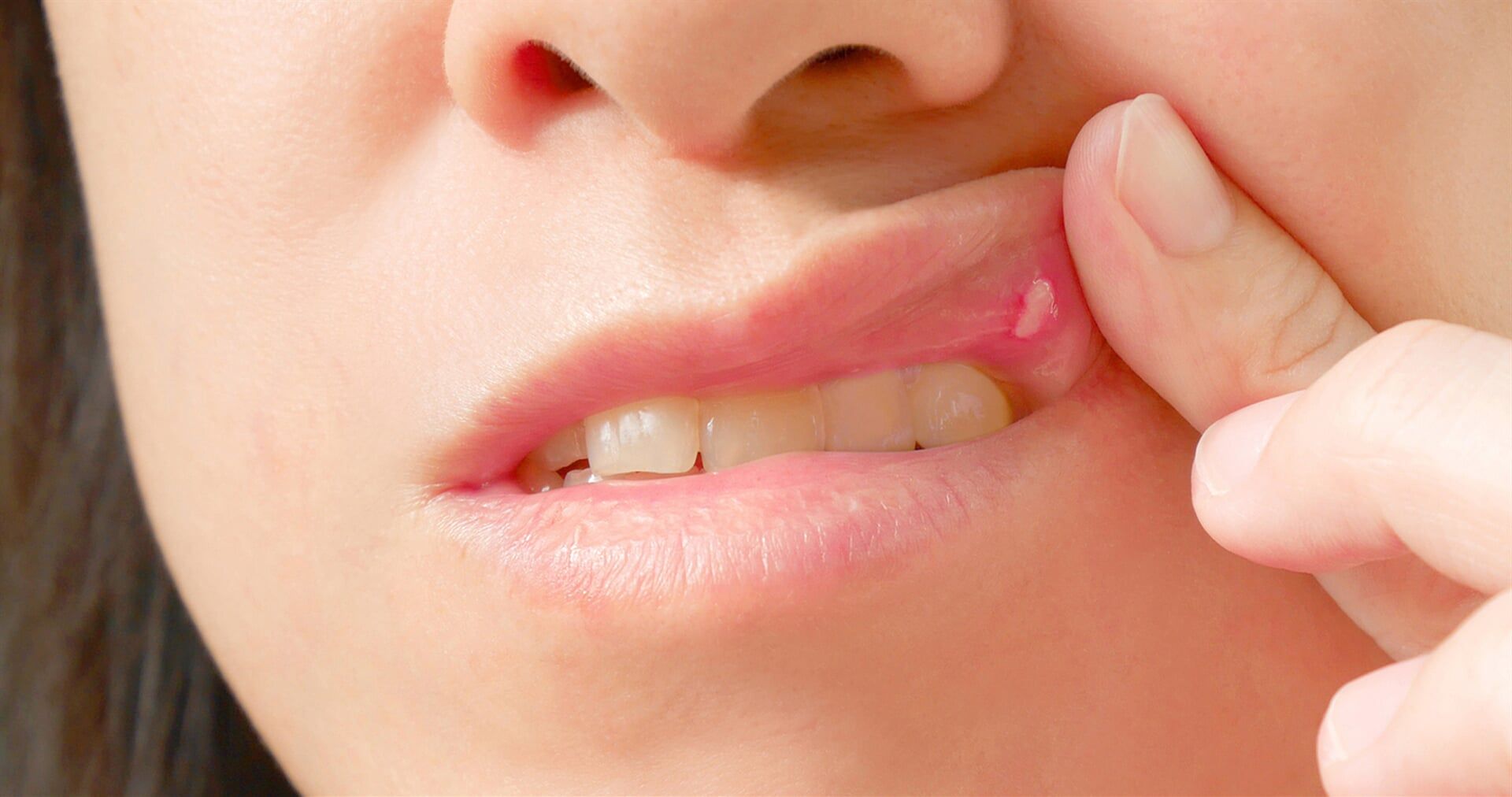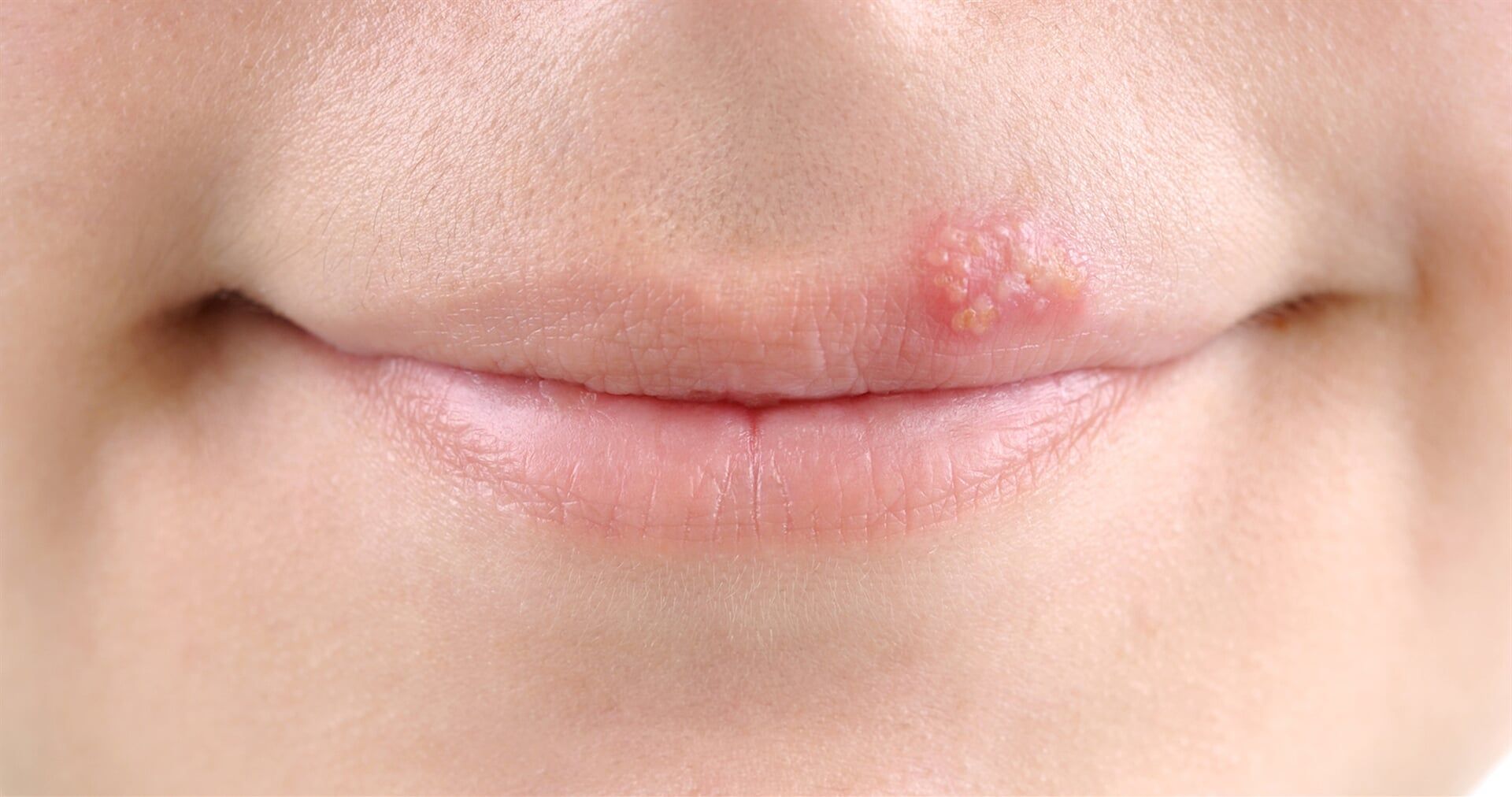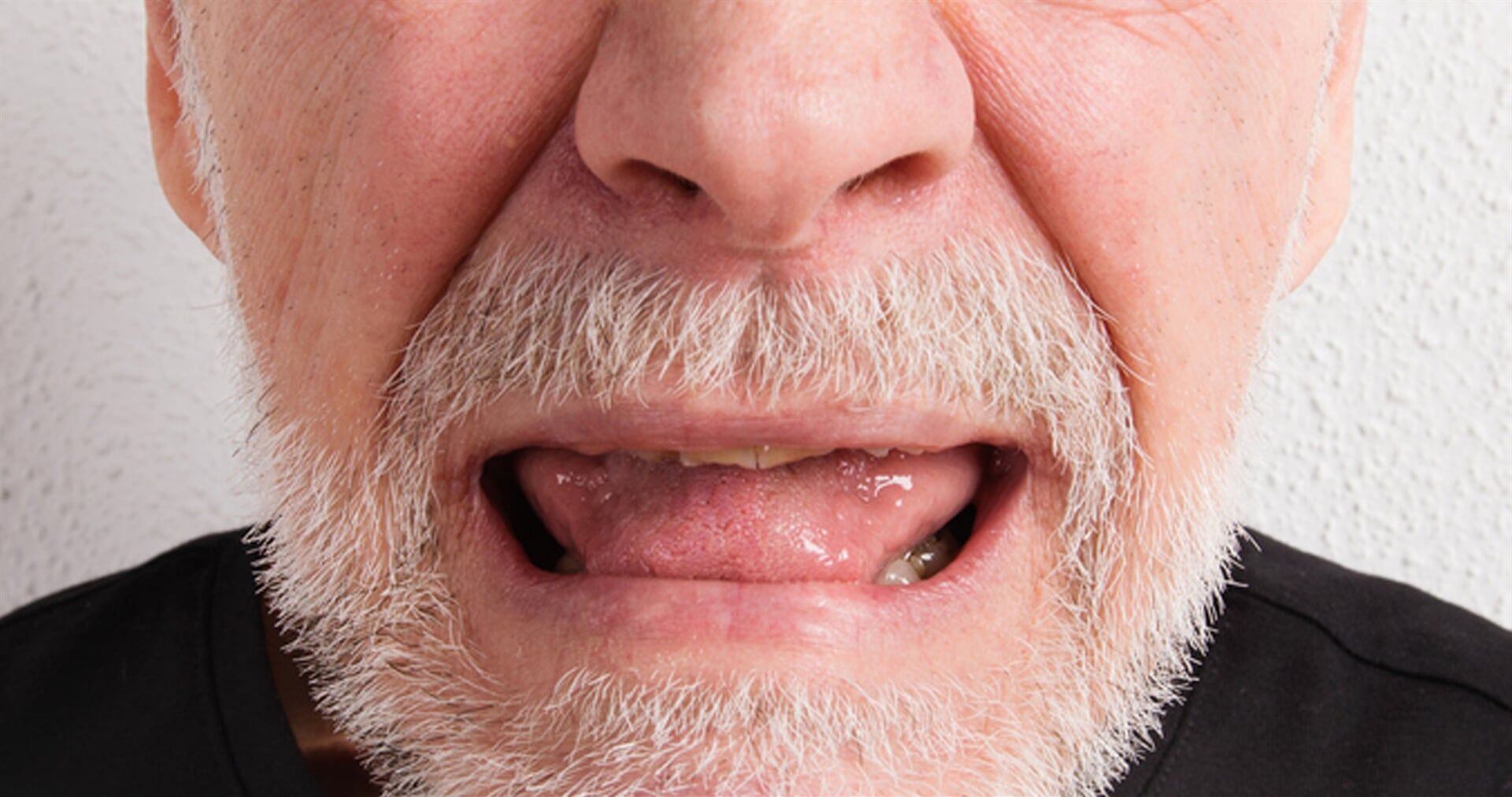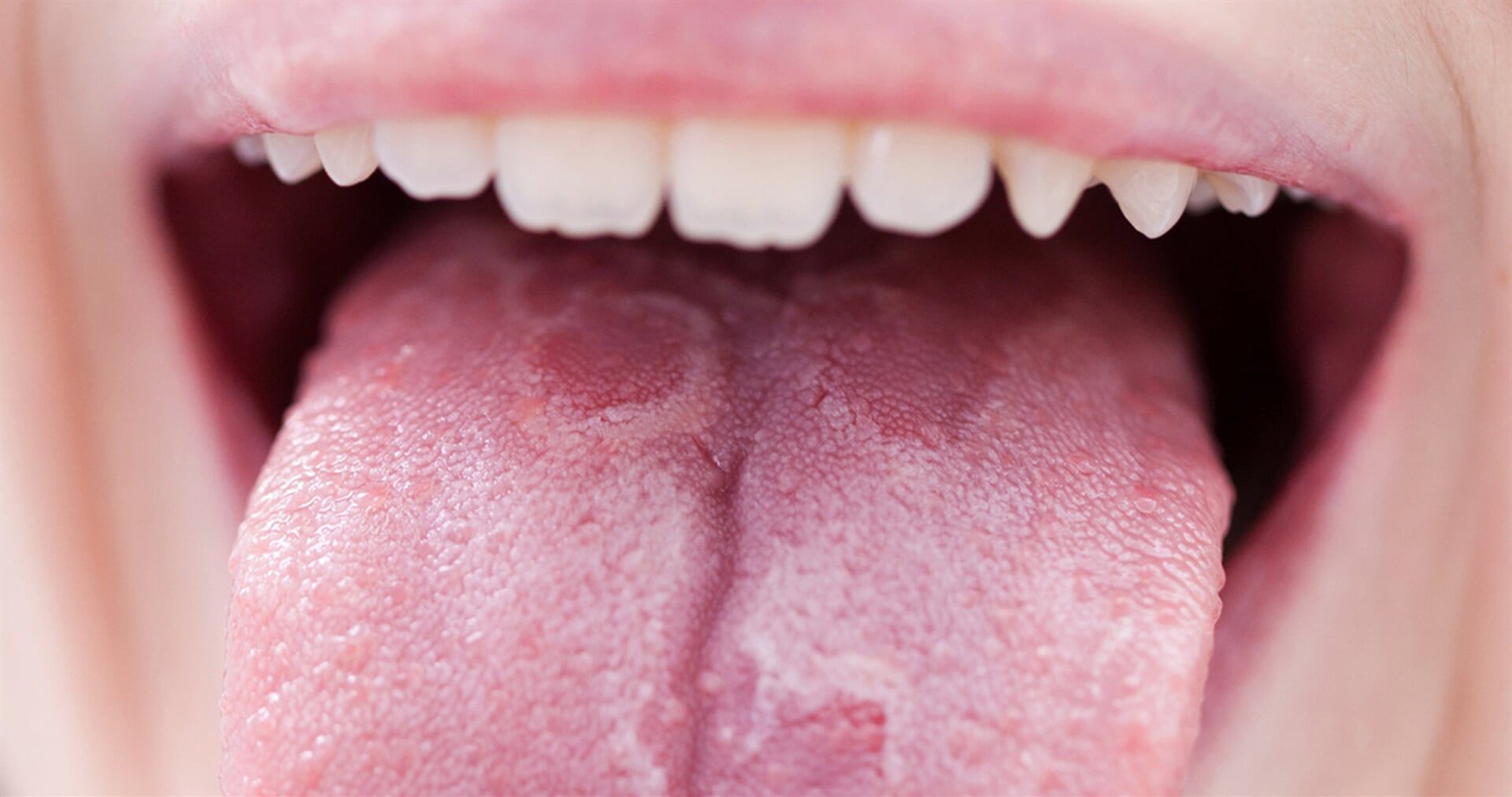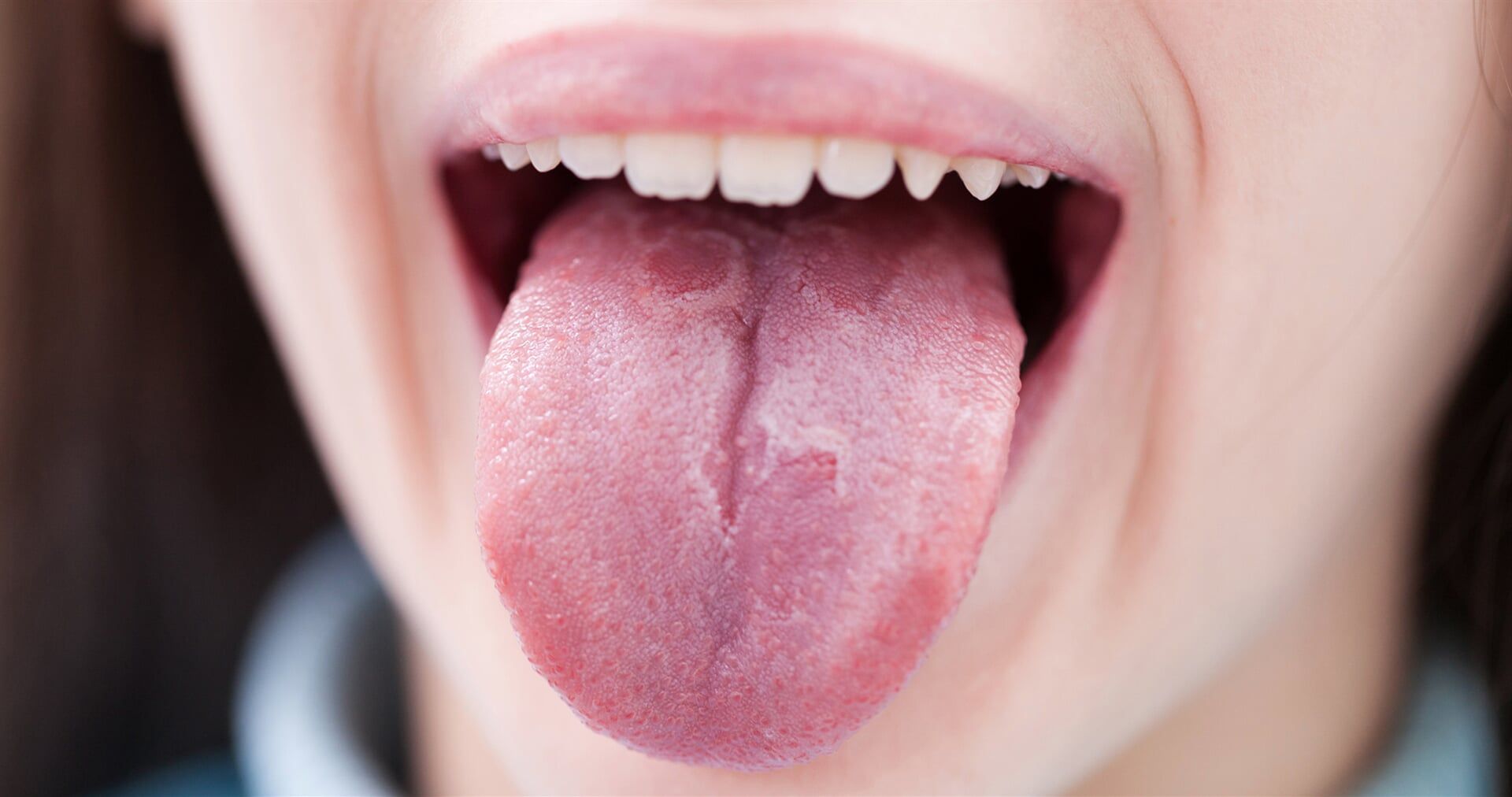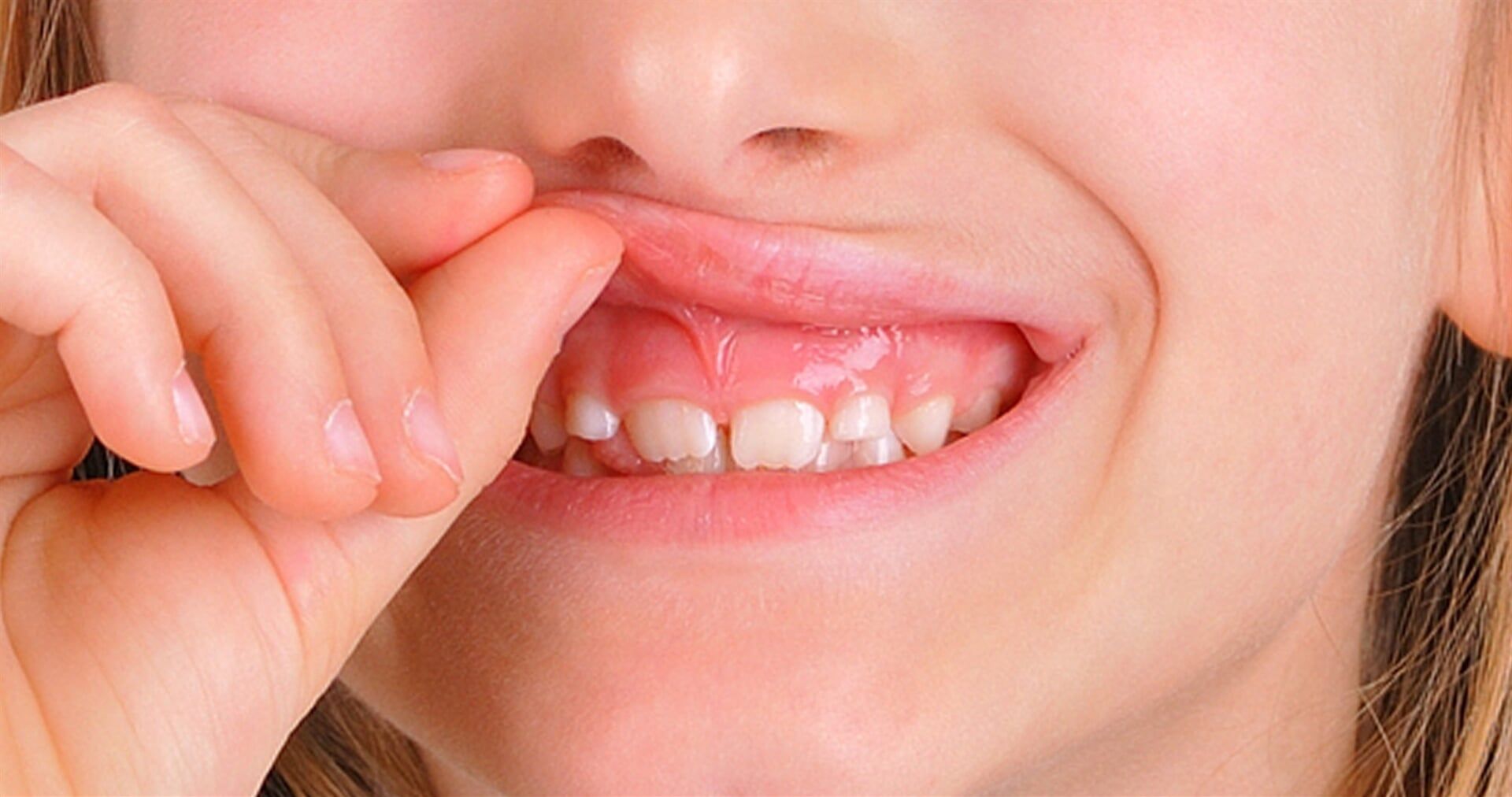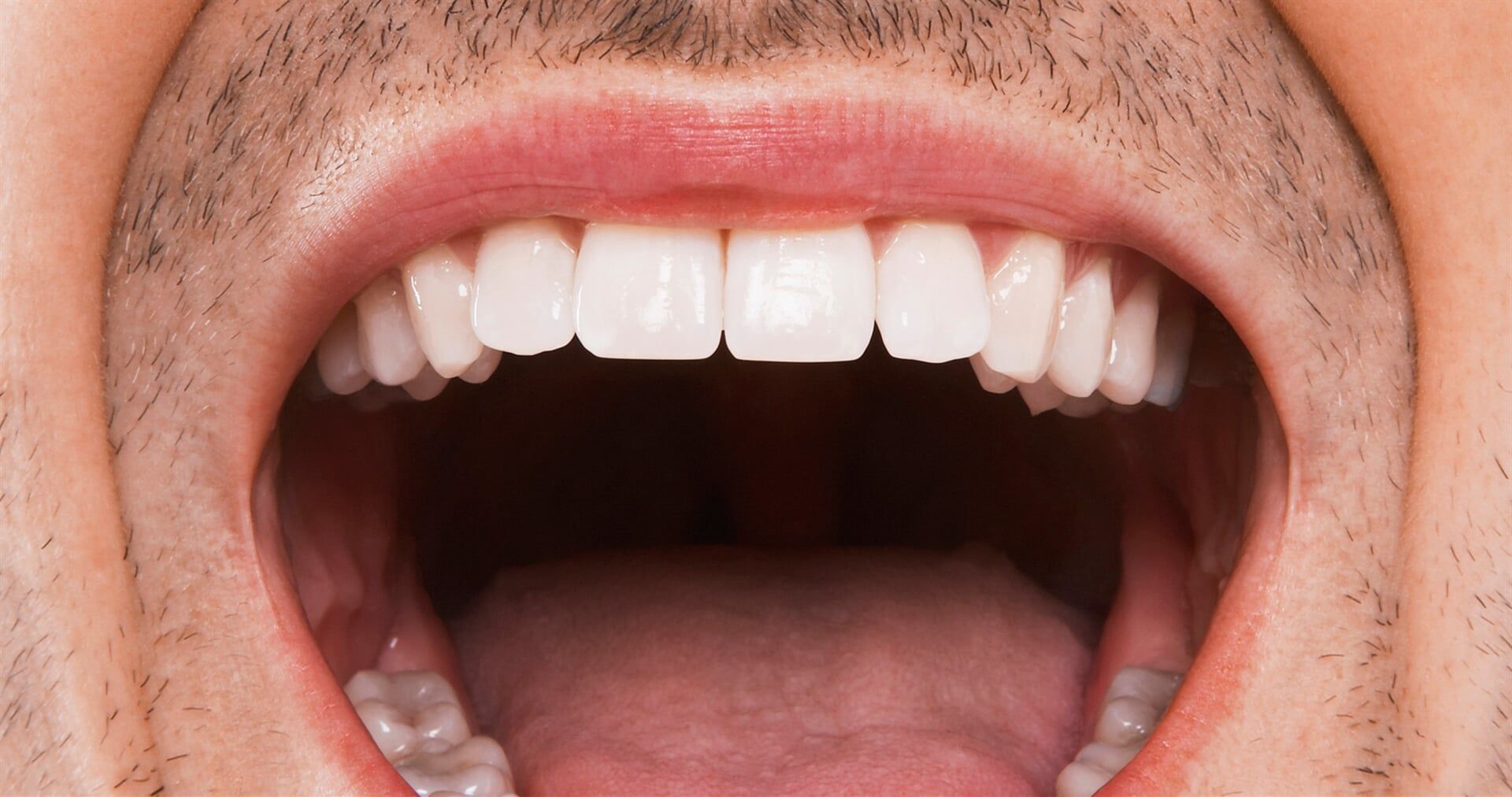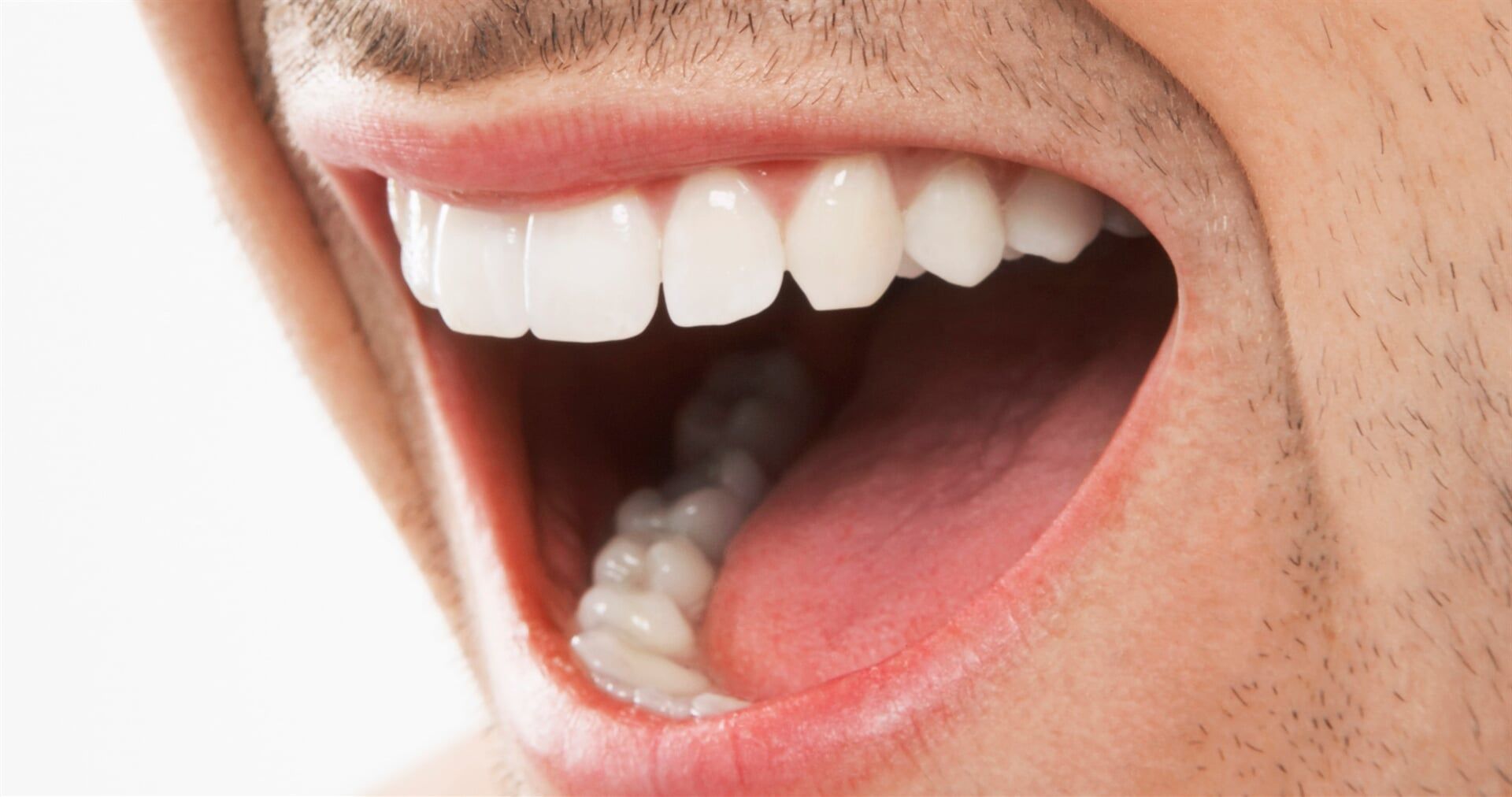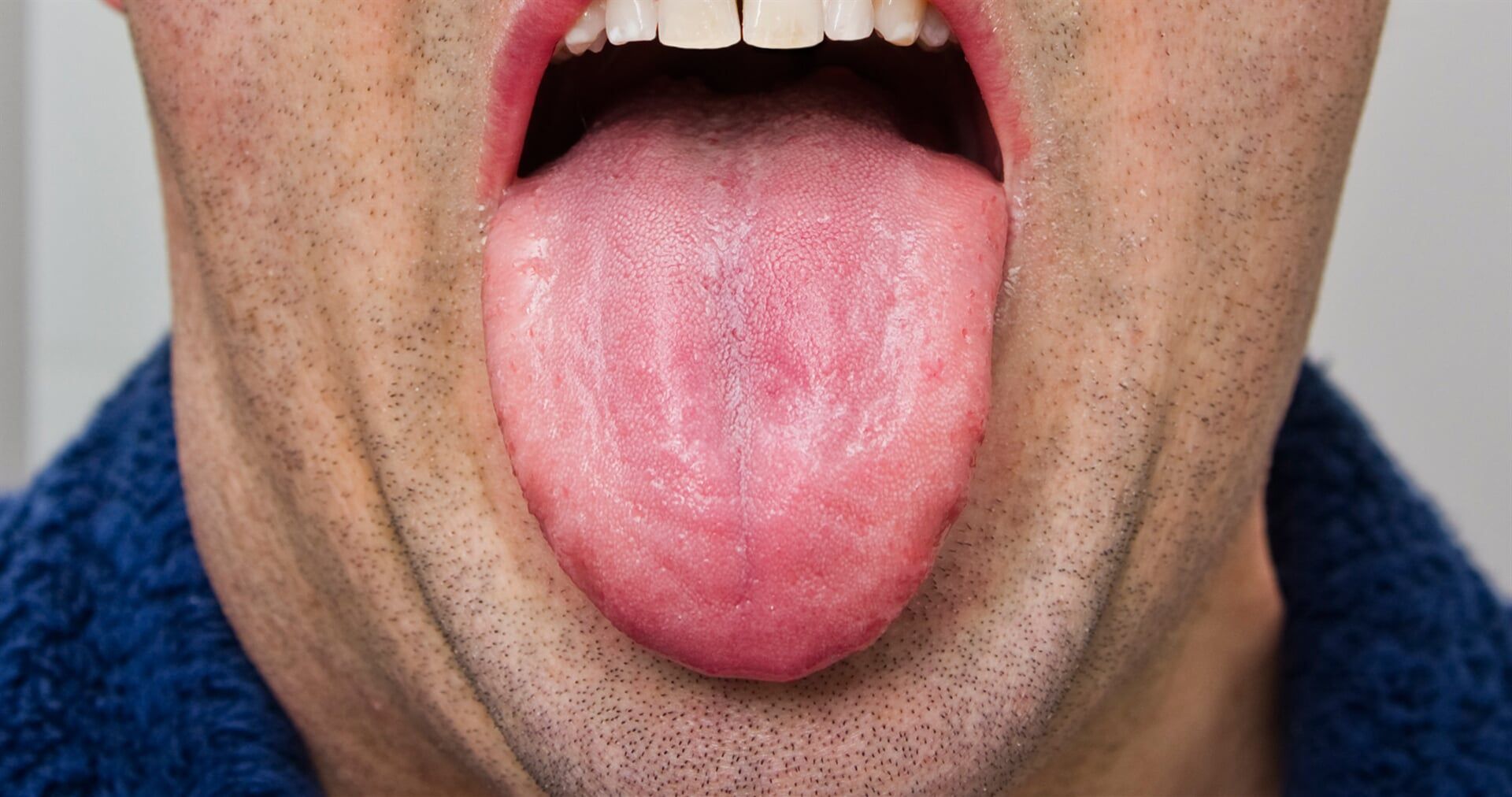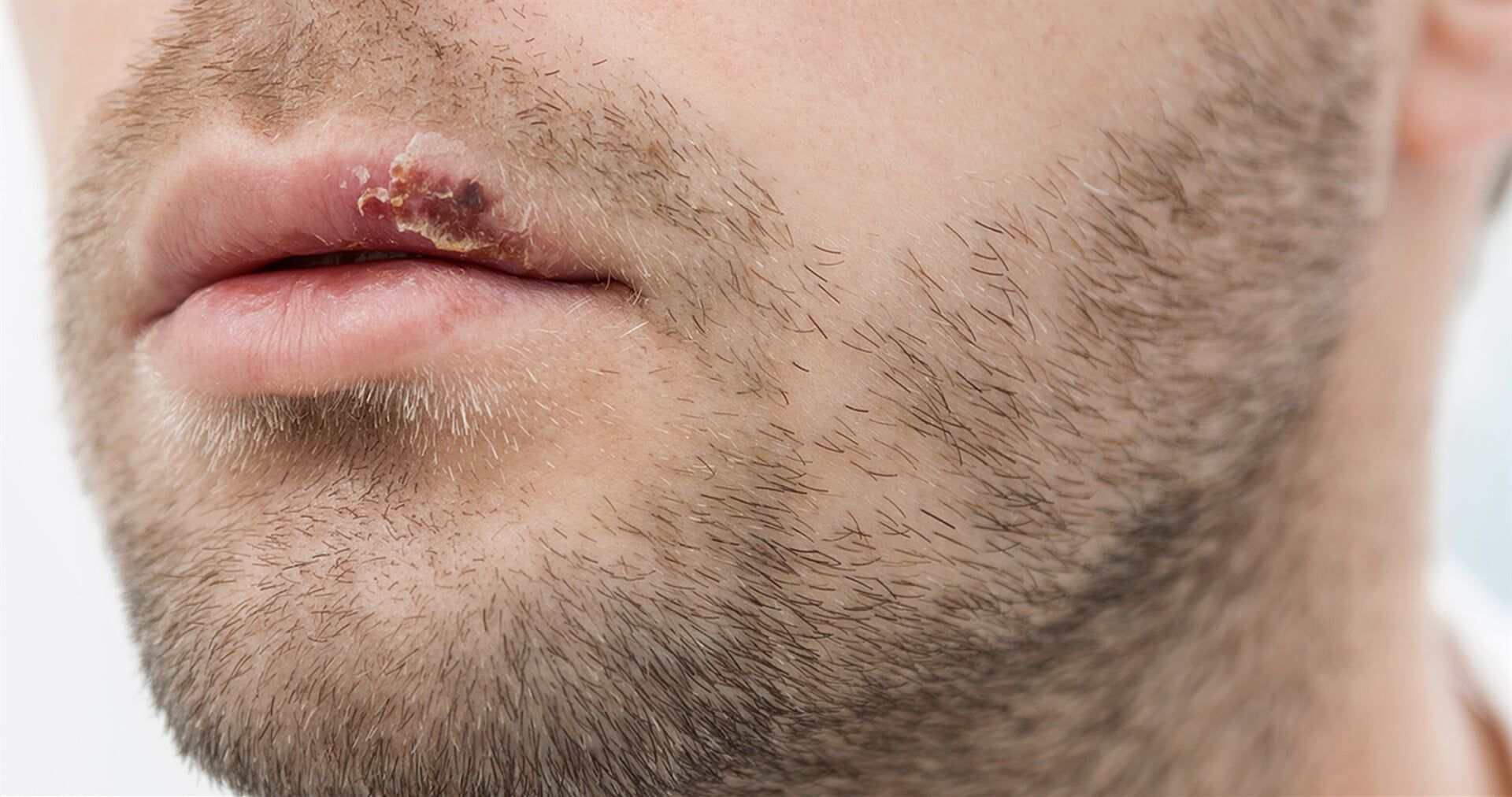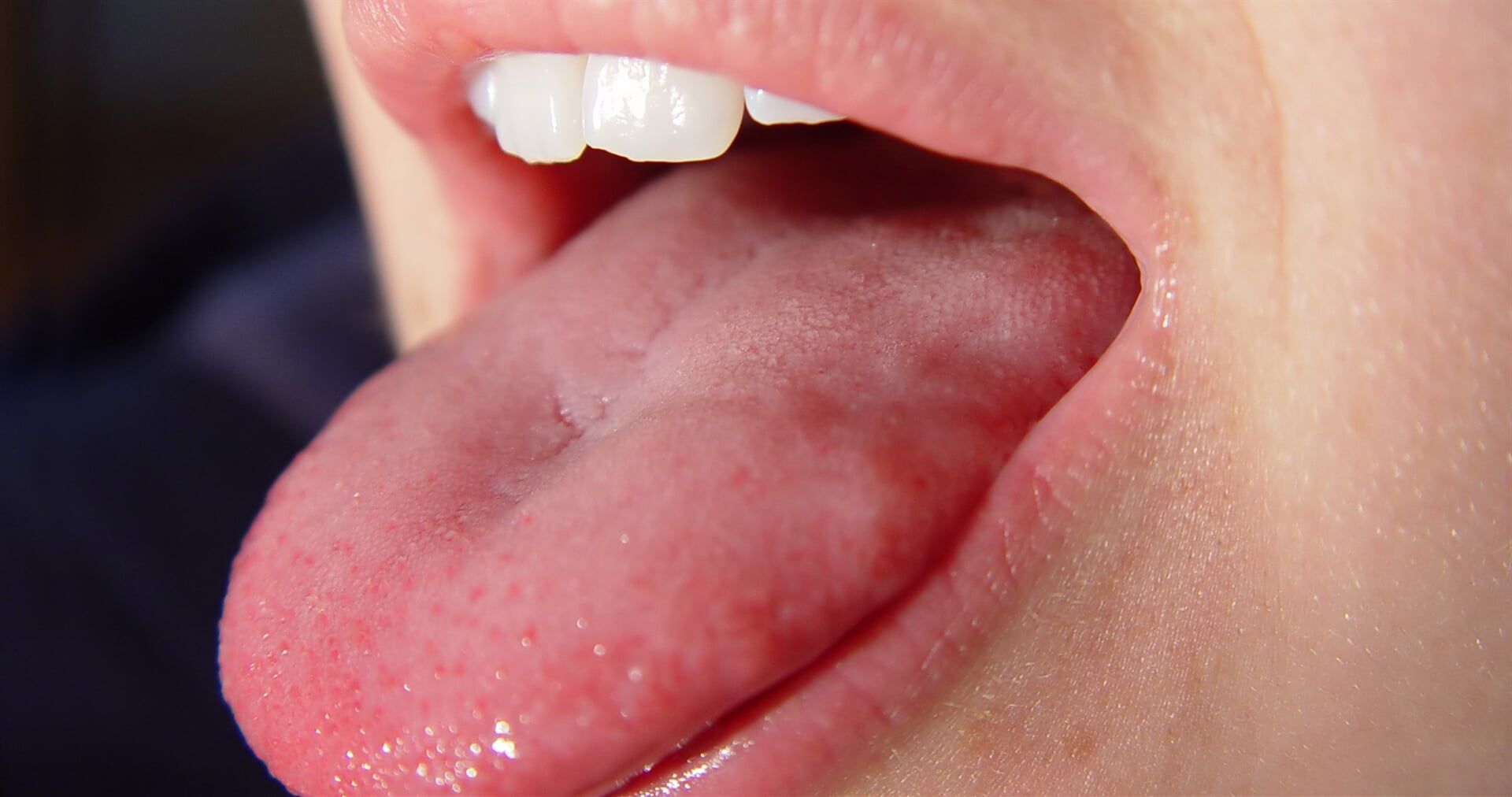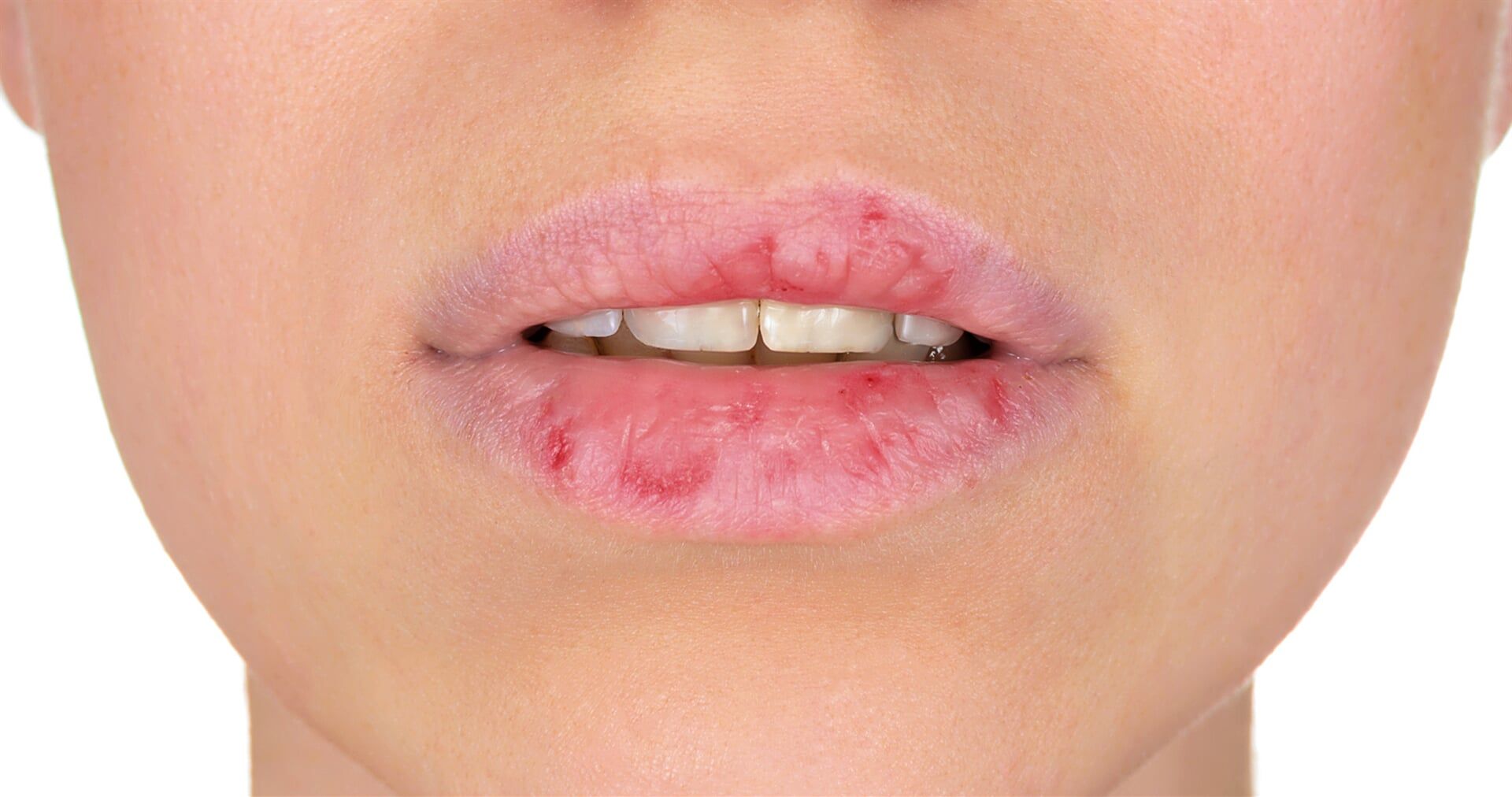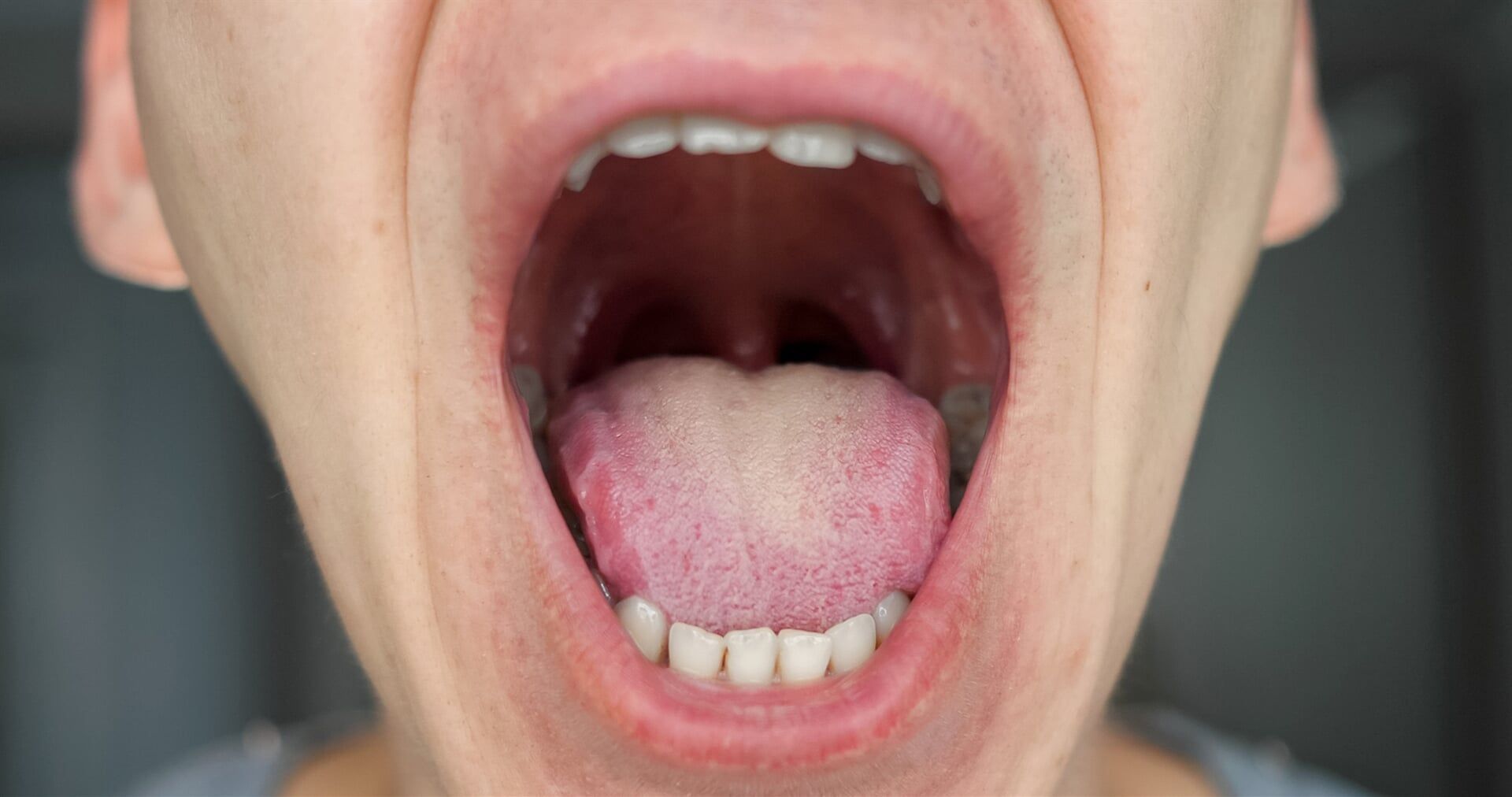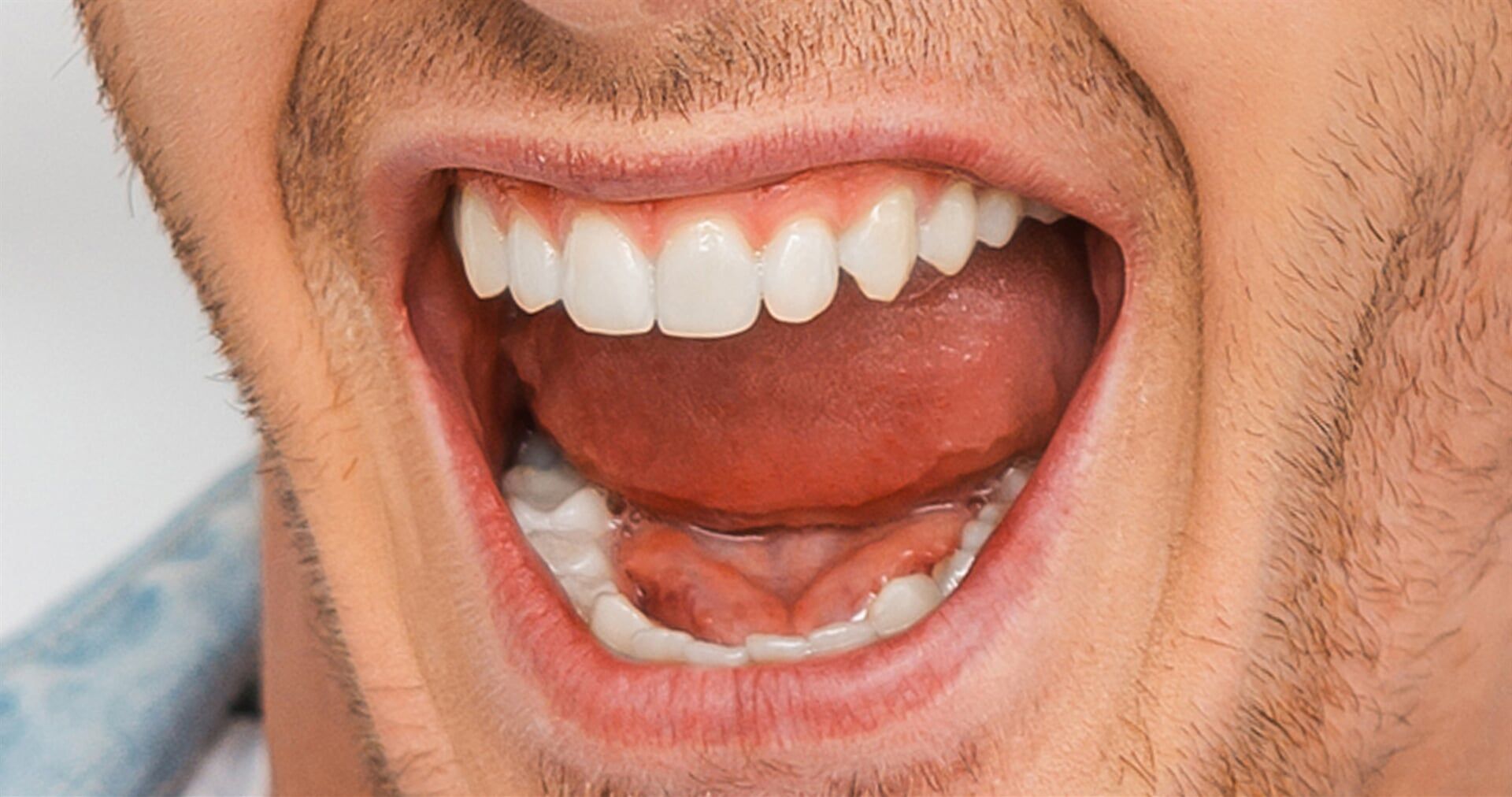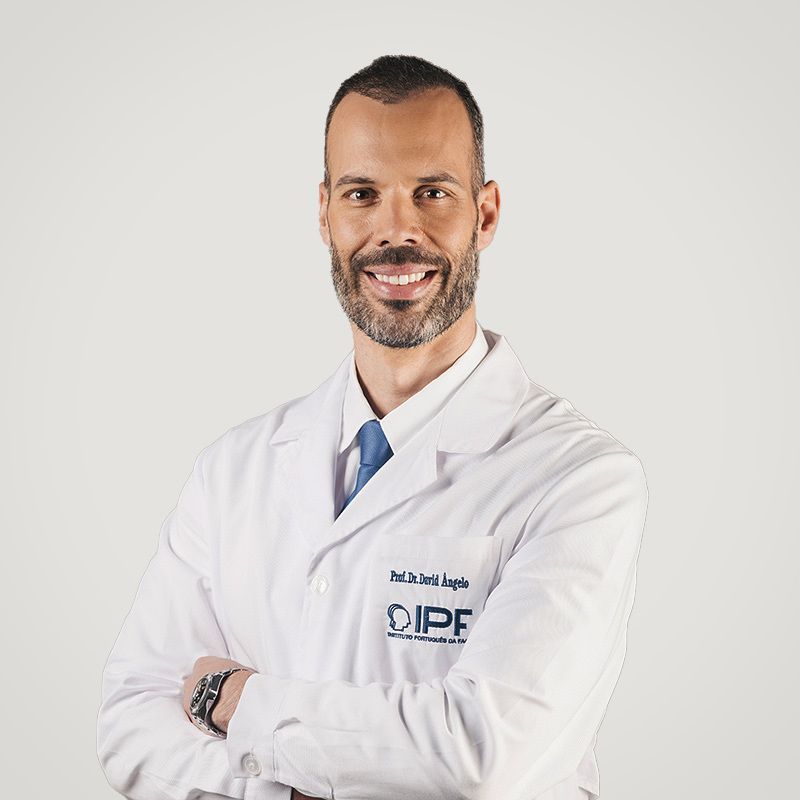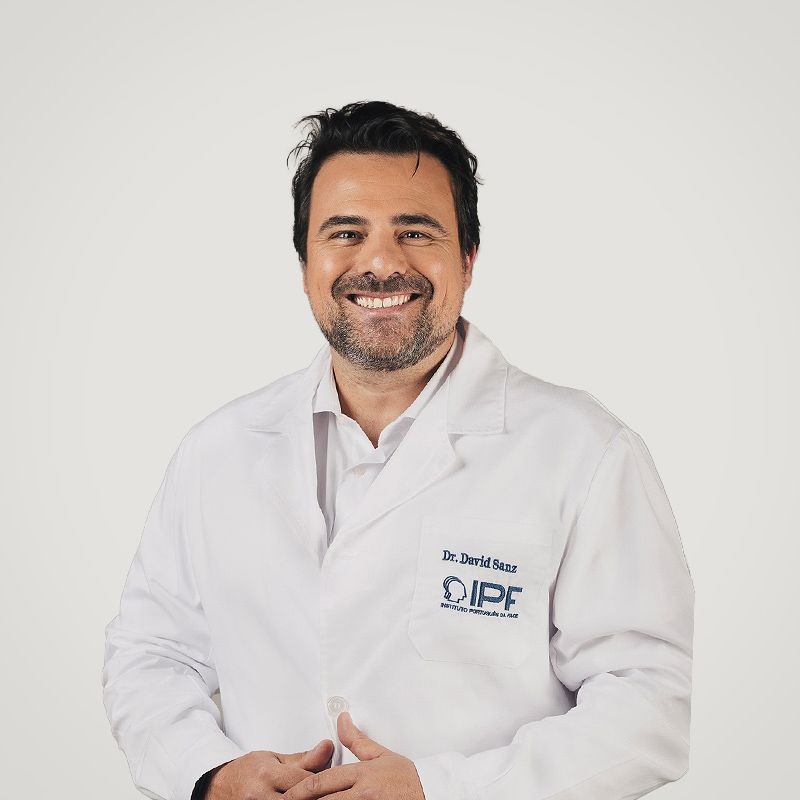ORAL MEDICINE
DEPARTMENT OF ORAL MEDICINE
The Department of Oral Medicine of the Instituto Português da Face focuses on observing, diagnosing, treating and rehabilitating all people who have lesions of the oral cavity. This area also includes adverse effects of drugs in the mouth and oral manifestations of systemic diseases.
Oral Medicine acts as a bridge between the various specialties of Medicine and Dental Medicine, with multidisciplinary and team work being essential.
At the Instituto Português da Face, we offer a multidisciplinary network in which several specialists work together to ensure that the patient is properly assisted, ensuring confidence and excellence. We take care to warn you about lesions of the tongue, mouth and lips, and aim to restore health to your mouth!
The oral cavity, and the lips are lined with oral mucosa, which is the skin inside the mouth and lips.
The oral mucosa has the following main functions:
- Coating and protection against external aggressors: bacteria, viruses and fungi
- Physical integrity of the mouth
- Saliva production through the salivary glands
- Initiation of digestion
- Tactile sensory function
- Thermal sensory function
- Taste sensory function
Within the oral mucosa itself there are 3 different mucosal subtypes: lining, chewing and specialized mucosa. Each subtype, with its characteristics and functions, is subject to different types of aggressions and diseases. These particularities are important for the diagnosis and treatment of mucosal diseases.
ORAL MEDICINE TREATMENTS
DIAGNOSIS - CONTACT ENDOSCOPY
Contact Endoscopy is a non-invasive diagnostic technique for the oral mucosa. Through the contact of the endoscope with the mucosa, the doctor microscopically visualizes cells of the oral mucosa, blood vessels, minor salivary glands and microorganisms such as fungi. This enables the diagnosis of neoplasms, lesions in malignant transformation, inflammatory diseases of the mouth or oral candidiasis.
This technique it is also enables directing oral biopsies to the most suspicious site of an extensive lesion and to excisions of oral lesions with the most appropriate safety margins for each case, enabling truly personalized surgery for each patient.
TREATMENT - LOW INTENSITY LASER
Low Intensity Laser is a method of non-invasive treatment of the oral mucosa.
Low Intensity Laser has analgesic and anti-inflammatory potential, acting at the cellular level and promoting tissue regeneration. One of its main advantages is its immediate effect. The main indications for this treatment are:
- Oral ulcers/thrush
- Oral mucositis/inflammation caused by chemotherapy or radiation therapy
- Burning Mouth Syndrome
- Neuralgia
- Postoperative paraesthesia of Oral and Maxillofacial Surgery
- Muscle contractures of facial muscles
- Lip herpes
ORAL MUCOSAL DISEASES
When treating these diseases, we must re-activate or preserve the important functions of this notable structure of our body which is the mouth: eating, hydrating, savouring, chewing, swallowing, smiling, laughing, talking and self-expression.
Did you know that some of these lesions of the oral mucosa could be the first sign of a more serious disease? Or that they could be potentially malignant? But if diagnosed and treated in time, this risk is minimized.
Some of these conditions, although benign, such as recurrent thrush, cause enormous discomfort in everyday life. But ... did you know that it is possible to increase your quality of life through some innovative treatments that we have at the Instituto Português da Face?
DISEASES OF THE ORAL MUCOSA CAN BE DIVIDED INTO: BENIGN DISEASES AND POTENTIALLY MALIGNANT DISEASES
BENIGN DISEASES
Benign diseases of the oral cavity have no potential to develop into cancer. However, although benign, they cause enormous discomfort in everyday life because people feel:
- Ache
- Nuisance
- They cannot feed themselves
- They find it difficult to chew and swallow food
- Burning
- Dry mouth
- Fissures and wounds on the tongue
- Bite injuries (tongue, cheeks and lips)
- Ulcerations and blisters
- Difficulty in speaking, smiling or laughing
- Decreased quality of life
But ... did you know that it is possible to relieve these symptoms and increase your quality of life through some innovative treatments that we have at the Instituto Português da Face?
Within the benign diseases of the oral cavity, tongue and lips, there is an enormous diversity of diseases. Let's talk a little about the most common ones and how we can help you!
POTENTIALLY MALIGNANT DISEASES
WHAT ARE POTENTIALLY MALIGNANT ORAL DISEASES?
WHAT ARE POTENTIALLY MALIGNANT ORAL DISEASES?
HOW CAN I KNOW IF I HAVE A POTENTIALLY MALIGNANT ORAL DISEASE?
HOW MANY TIMES SHOULD I SELF- EXAMINE MY MOUTH?





